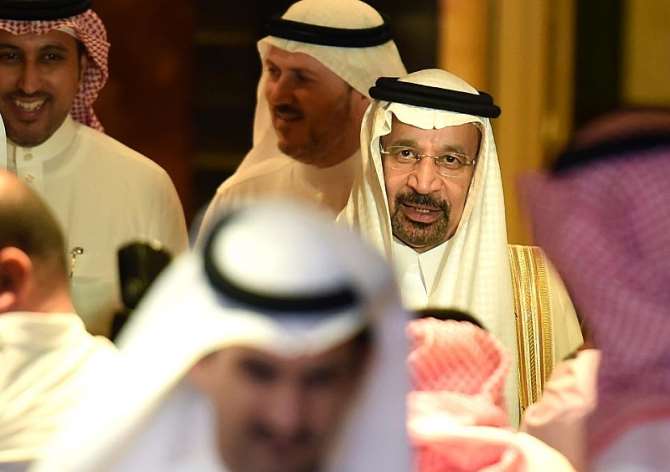President-elect Trump fires the first salvo: US won't be buying oil from Saudi Arabia
Imagine making the world's largest oil exporter sweat it out, even before you take office. That's exactly what Donald Trump is doing. The president-elect has said repeatedly that the U.S. needs to block all oil imports from Saudi Arabia.
During his campaign Trump vowed to secure U.S. energy independence from “our foes and the oil cartels,” while also creating “complete American energy independence.”
However, on Wednesday, Saudi Arabia's oil minister fired back. Khalid Al-Falih, also the chairman of Aramco, said in an interview that “at his heart President-elect Trump will see the benefits [of Saudi oil imports] and I think the oil industry will also be advising him accordingly that blocking trade in any product is not healthy.”
“The U.S. is sort of the flag-bearer for capitalism and free markets,” Al-Falih added. “The U.S. continues to be a very important part of a global industry that is interconnected, that is dealing with a fungible commodity which is crude oil. So having equalization through free trade is very healthy for oil,” he said.
The Saudi oil minister added that Saudis are waiting for Trump's presidency, as his presidential campaign had amounted to “50,000 feet announcements” that may change.
Saudi Minister of Energy, Industrial and Mineral Resources Khalid al-Falih arrives for the opening ceremony of the Qatari and Saudi Economic Forum on November 6, 2016 in Riyadh. (Photo FAYEZ NURELDINE/AFP/Getty Images)
Despite the U.S. shale oil boom, which has made it the third largest global crude oil producer, the country still relies heavily on Saudi crude imports. Saudi Arabia is the largest Middle Eastern oil supplier to the U.S. with an 11% market share and has also invested heavily in U.S. downstream assets (refineries) to help lock in that supply. Around 31% of all U.S. oil imports are from OPEC members, while Canadian oil imports have a 41% share.
Oil markets analyst, journalist and author based in Southeast Asia
Opinions expressed by Forbes Contributors are their own.

